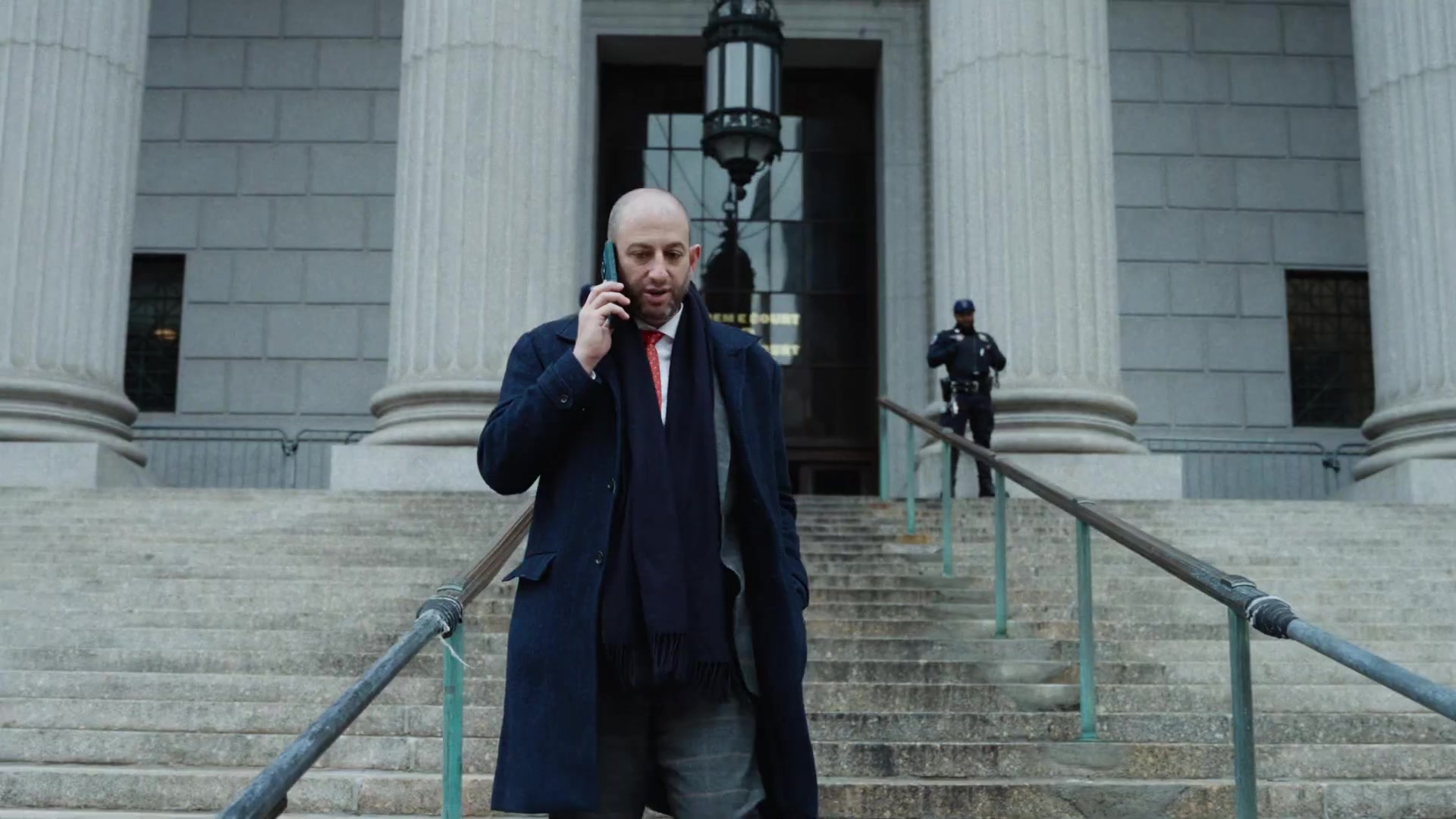Understanding Federal Crimes and Their Legal Consequences
If you're charged with committing a federal crime, then the punishment could be quite severe depending on several factors, such as your criminal background and the nature of the crime. Keep in mind that if you decide to hire a federal criminal lawyer, all of them might not offer the same services or treat your case the same. When you contact our office, you'll be treated with respect while also hearing factual details about your charges and what to expect. Your lawyer should be one who is well-versed in federal crimes and understands court procedures in this type of legal matter as the rest of your life hangs in the balance. The lawyer you hire should have your best interests in mind while fighting your case in a professional manner. When you go to court to face your federal charges, it can sometimes be an unnerving experience. You could be afraid of what will happen and what it could mean for your personal life as well as those you love. Our office represents those who have been charged with various federal crimes while offering our best efforts in putting together the best possible defense.When to Seek Legal Counsel
The First Steps
As soon as you learn that you're being investigated for a federal crime or if you've been charged with a federal crime, you need to seek legal counsel fairly quickly. Your attorney should be one who is experienced and who can be aggressive while defending your rights. You also want to find an attorney who has a good reputation and who knows of the multiple federal laws that could result in your charges being dismissed or reduced.Choosing the Right Lawyer
15,000+
Federal Cases Filed Annually
90%
Plea Before Trial
Communication
It's important to find a federal criminal lawyer who is adept at communicating. You shouldn't have to wait several weeks to hear something from your lawyer, especially after initiating the pathway of communication. This should be a person who you trust and who you feel comfortable with instead of someone who is simply representing you in court. Your lawyer should take the time to explain your charges as well as the possible punishments that you face if you're convicted along with the rights that you have. When you go to court, you deserve to have your story presented in the best way possible with all of the details associated with the crime.Honesty
Although you want an attorney who can fight to win your case, you also need to find an attorney who is honest and works with integrity. You don't want to hire someone who offers empty promises or who only tells you things that are positive but that aren't true just to get the money from the case. If someone is unable to represent you, then you should know these details upfront instead of waiting until you get to court.Cost
An important detail to consider before hiring a lawyer is how much you're going to have to pay for the services that are offered. Most lawyers will let you know how much they charge during your first meeting. Some will offer a payment arrangement while others will want all of the money upfront depending on the charges. If you have a budget for hiring a lawyer, then you might want to consider asking for a court-appointed lawyer when you go to your arraignment.Trusting Your Instincts

Defense Team Spotlight
Todd Spodek
Lead Attorney & Founder
Featured on Netflix’s “Inventing Anna,” Todd brings decades of experience defending clients in complex criminal cases.
Instincts
When it comes down to hiring a lawyer to represent you on federal charges, you should go with your gut instincts. Take the time to ask questions and to read reviews about lawyers before making a final decision. If you truly feel that you will see the best results with one lawyer over another, then you should continue to pursue working with that person so that your defense can be put together. Avoid waiting until the last minute to hire a lawyer as you likely won't have time to do anything aside from learning about what you could face regarding punishments. You should also avoid hiring someone who will simply plead your case so that it can be quickly settled, especially if you feel that you're not guilty.Frequently Asked Questions
No. You have the right to remain silent and the right to an attorney. Invoke both rights immediately and contact Spodek Law Group.
Every case is different. We offer free initial consultations to evaluate your case and discuss our fee structure.
An arraignment is your first court appearance where charges are formally read. You enter a plea and bail may be set. Having an attorney present is critical.








